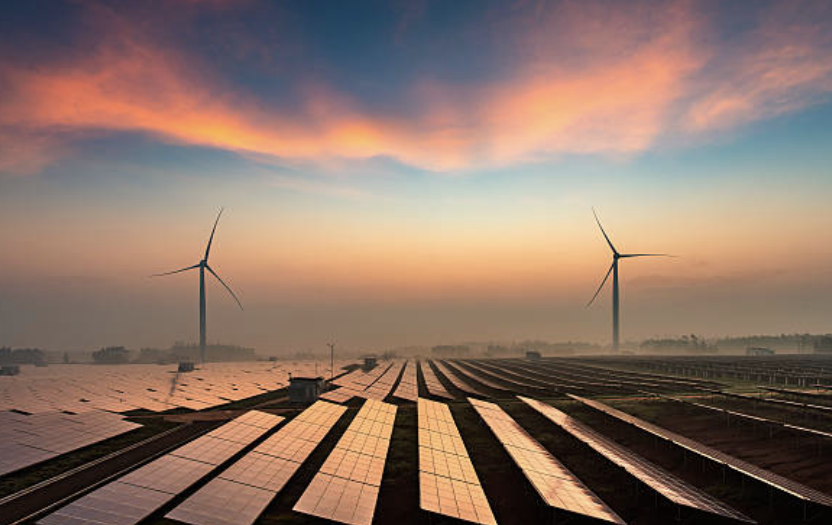
Posted on Wednesday, July 12, 2023
Metal fabrication plays a pivotal role in the production of power generation equipment, encompassing components for thermal, hydro, and nuclear power systems. These industries rely on precision engineering and robust machinery to deliver high-performance components capable of withstanding extreme conditions.
Metal fabrication is integral to the power industry, where machinery operates in high-pressure, high-temperature environments. Each type of power generation comes with unique demands:
The power generation industry demands a wide range of fabricated metal parts:
A large hydroelectric dam in South America leveraged advanced CNC machining technology to produce custom turbine parts. The project required:
This approach improved the efficiency and lifespan of the turbines, showcasing the importance of metal fabrication in renewable energy projects.
Asia's growing demand for clean energy has spurred investment in advanced nuclear reactors. Fabricators in this sector face challenges such as:
One notable example involves the development of small modular reactors (SMRs) in Japan, where automated fabrication methods have reduced lead times while improving component accuracy.
Selecting fabrication machines for power generation applications requires consideration of the following:
Key materials include high-strength steels, titanium, aluminum alloys, and nickel-based superalloys like Inconel, all chosen for their ability to withstand heat, pressure, and corrosion.
CNC mills are computer-controlled machines that cut and shape materials with extreme precision. In turbine manufacturing, they are used to machine components like blades and casings to exact specifications, ensuring optimal aerodynamic performance.
Automation enhances safety by reducing human exposure to hazardous processes, such as welding and cutting high-strength materials. Machines equipped with sensors and monitoring systems can detect issues like overheating or misalignment, ensuring consistent quality while minimizing accidents.
Precision and power define the role of metal fabrication in creating the critical components that keep the world’s power systems running. From hydroelectric dams to nuclear reactors, advanced fabrication techniques and machinery enable industries to meet energy demands efficiently and sustainably. Whether you’re investing in CNC mills, robotic welders, or other fabrication tools, understanding the unique needs of power generation equipment will guide your decisions and ensure long-term success.

Used Purlin Roll Forming Machines for Sale Worldwide
Posted on Sunday, January 25, 2026
Pre-Owned Roll Forming Machines for Purlin & Structural Steel Profiles

Used Roof Panel Roll Forming Machines for Sale Worldwide
Posted on Sunday, January 25, 2026
Pre-Owned Roll Forming Machines for Roofing Panel Production

Used Roll Forming Machines for Sale Worldwide
Posted on Tuesday, January 20, 2026
Pre-Owned Roll Forming Machines with Inspection, Verification & Global Support

Steel Coil Supply for Roll Forming Machines Worldwide
Posted on Tuesday, January 20, 2026
Reliable Steel Coil Supply for Roll Forming, Fabrication & Manufacturing Applications
Copyright 2026 © Machine Matcher.